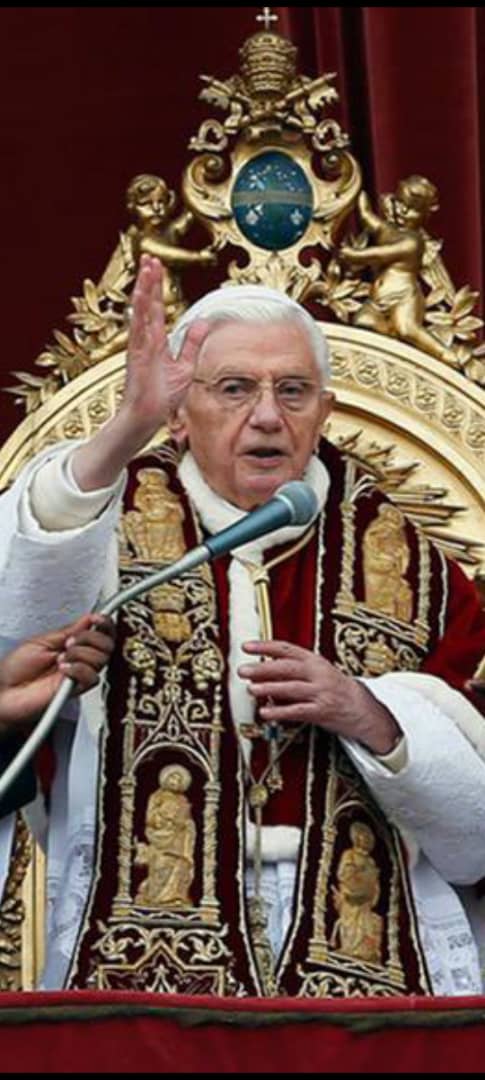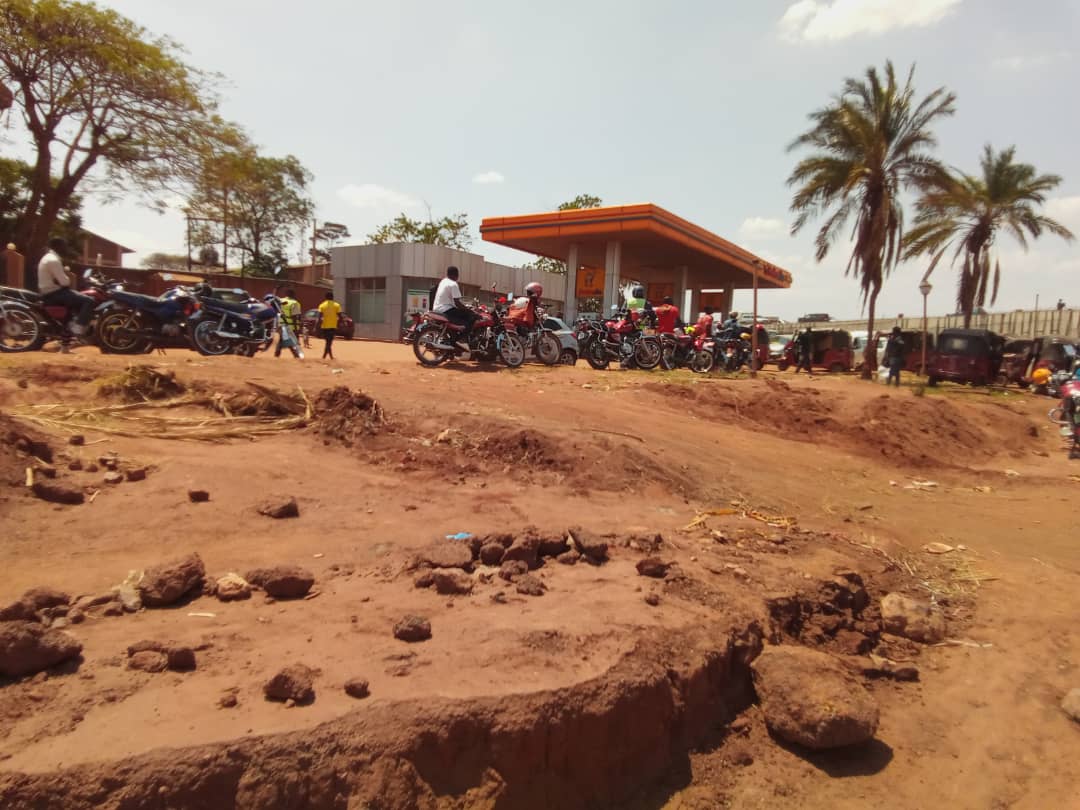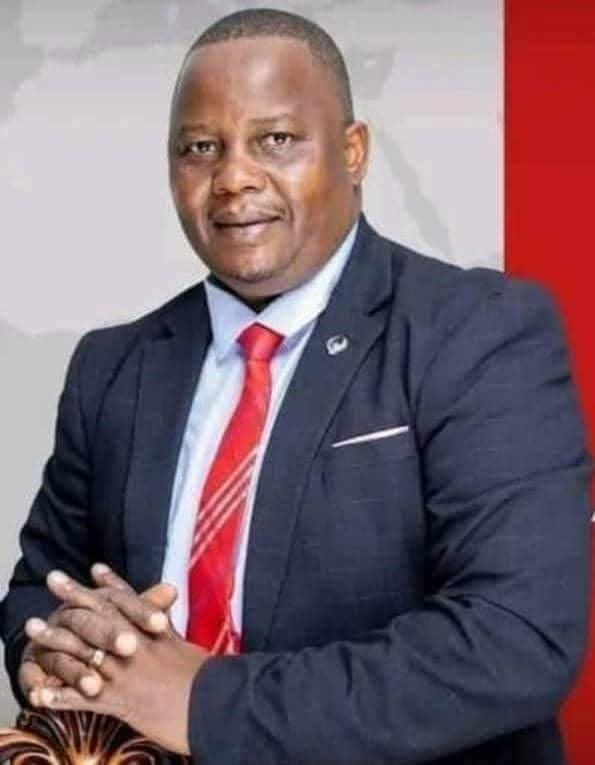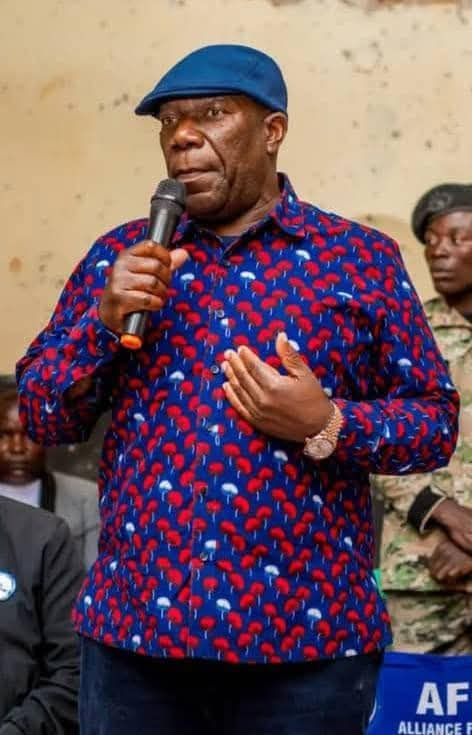By Jones Gadama
As the world mourns the passing of the Roman Catholic Pope, a pivotal moment in the Church’s history beckons. The death of a pontiff often serves as a catalyst for reflection, not only on the legacy left behind but also on the future direction of the Church. In this moment of transition, it is imperative that the College of Cardinals considers the appointment of a black African pope, specifically from the Sub-Saharan region. This is not merely a call for representation; it is a necessary evolution of the papacy that reflects the global Church’s demographic realities and the pressing needs of its diverse flock.
Historically, the papacy has been dominated by European leaders, with only three popes of African descent in the Church’s long history. However, none of these popes hailed from Sub-Saharan Africa, a region that is home to a rapidly growing Catholic population. The time has come for the Church to embrace a leader who embodies the rich cultural, spiritual, and social tapestry of Sub-Saharan Africa. This is not just a matter of representation; it is about recognizing the profound contributions and challenges of a continent that is often overlooked in global discussions.
Sub-Saharan Africa is a vibrant and diverse region, with a unique set of challenges and opportunities that require a leader who understands the local context. The Catholic Church in Africa is experiencing unprecedented growth, with millions of new adherents joining the faith each year. This surge is not merely a statistic; it represents a deep spiritual awakening among the people, who are seeking guidance, hope, and a sense of belonging in an increasingly complex world. A pope from this region would not only symbolize the Church’s commitment to its African faithful but also provide a voice that resonates with their experiences and aspirations.
The challenges facing Sub-Saharan Africa are immense, ranging from poverty and inequality to political instability and climate change. A pope who understands these issues firsthand would be better equipped to address them within the context of the Church’s mission. The Catholic Church has a long history of social teaching, emphasizing the importance of justice, peace, and the dignity of the human person. A leader from Sub-Saharan Africa would bring a fresh perspective to these teachings, rooted in the lived experiences of the people who are most affected by these challenges.
Moreover, the appointment of a black African pope would send a powerful message of inclusivity and unity to the global Church. The Catholic faith is universal, transcending borders, cultures, and ethnicities. Yet, the leadership of the Church has often failed to reflect this diversity. By choosing a pope from Sub-Saharan Africa, the Church would acknowledge the richness of its global community and affirm the dignity of all its members, regardless of their background. This act of recognition could foster greater unity among Catholics worldwide, bridging divides and promoting a sense of shared purpose.
The potential for a Sub-Saharan African pope to inspire a new generation of leaders within the Church cannot be overstated. Young people across the continent are increasingly engaged in their faith, seeking ways to contribute to their communities and the world at large. A pope who embodies their hopes and dreams would serve as a powerful role model, encouraging them to take an active role in the Church and society. This leadership could catalyze a renewed commitment to social justice, environmental stewardship, and interfaith dialogue, all of which are critical in today’s world.
Furthermore, the global Catholic Church is at a crossroads, facing numerous challenges that require innovative solutions. Issues such as declining attendance in the West, the rise of secularism, and the need for greater engagement with contemporary social issues demand a fresh approach. A pope from Sub-Saharan Africa would bring a unique perspective to these challenges, drawing on the resilience and creativity of a continent that has faced adversity with grace and determination. This new leadership could inspire a revitalization of the Church’s mission, encouraging a more dynamic and responsive approach to the needs of its members.
Critics may argue that the selection of a pope should be based solely on theological qualifications and not on geographical or racial considerations. While it is essential that the next pope be a person of deep faith and theological acumen, it is equally important to recognize that the Church’s mission is inherently tied to the lived experiences of its members. A pope from Sub-Saharan Africa would not only possess the necessary theological training but would also bring a wealth of cultural and social insight that is vital for effective leadership in today’s world.
The call for a Sub-Saharan African pope is not merely a desire for representation; it is a recognition of the Church’s responsibility to serve all its members. The Catholic Church is a global institution, and its leadership should reflect the diversity of its followers. By choosing a pope from Sub-Saharan Africa, the Church would affirm its commitment to inclusivity and its dedication to addressing the unique challenges faced by its African faithful.
The time has come for the College of Cardinals to consider the appointment of a black African pope from Sub-Saharan Africa. This decision would not only honor the rich history and contributions of the African Church but also provide a much-needed perspective on the challenges and opportunities facing the global Catholic community. As we bid farewell to the late pope, let us embrace the possibility of a new dawn for the papacy—one that is rooted in the vibrant spirit of Sub-Saharan Africa and committed to the mission of love, justice, and unity for all. The world is watching, and the faithful are waiting for a leader who will guide them with wisdom, compassion, and a deep understanding of their realities. It is time for the Church to rise to this moment and choose a leader who embodies the hope and promise of a brighter future for all.




